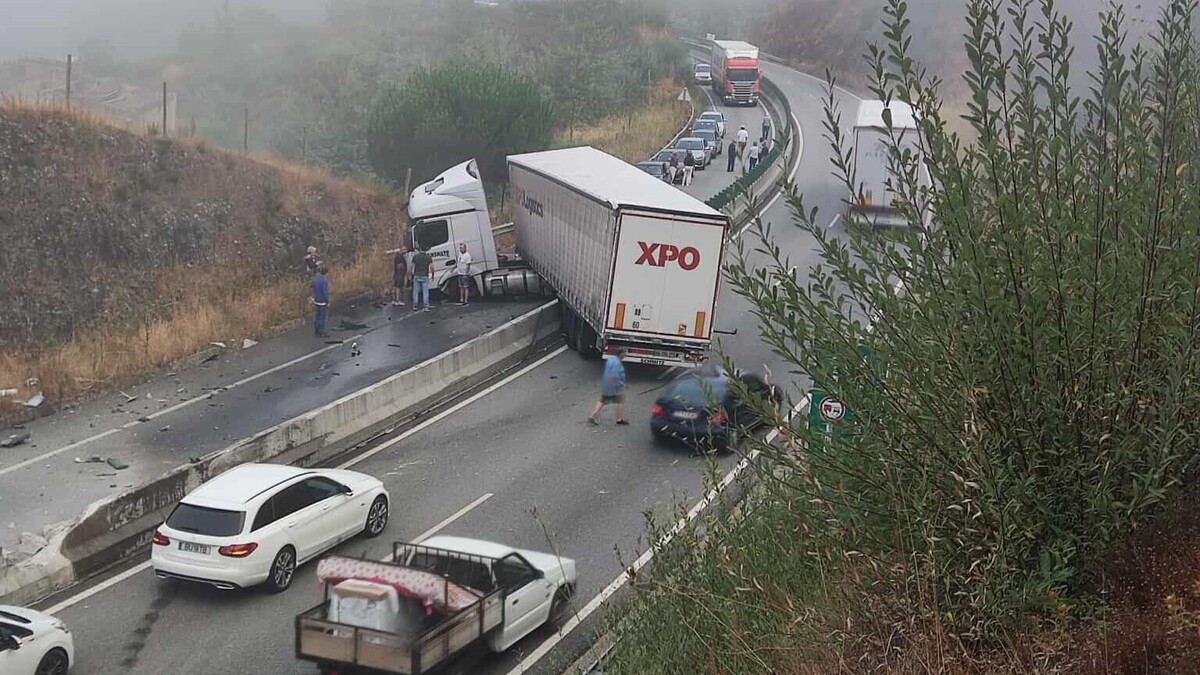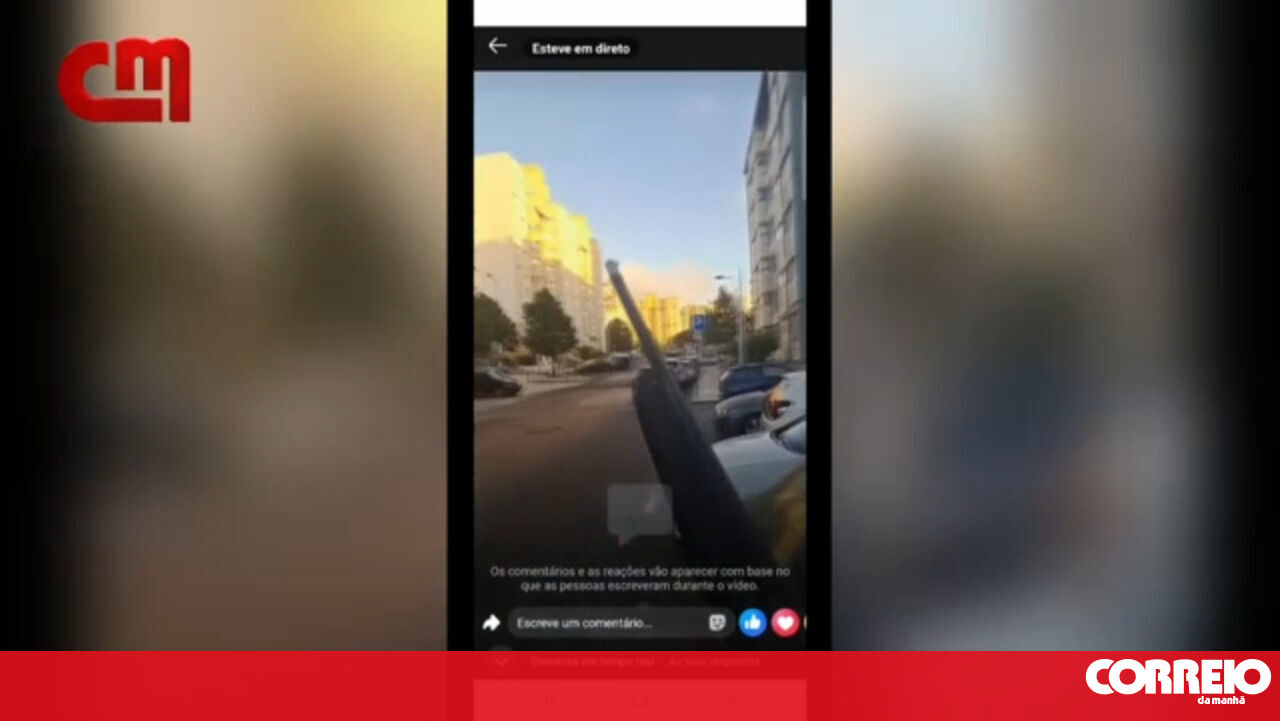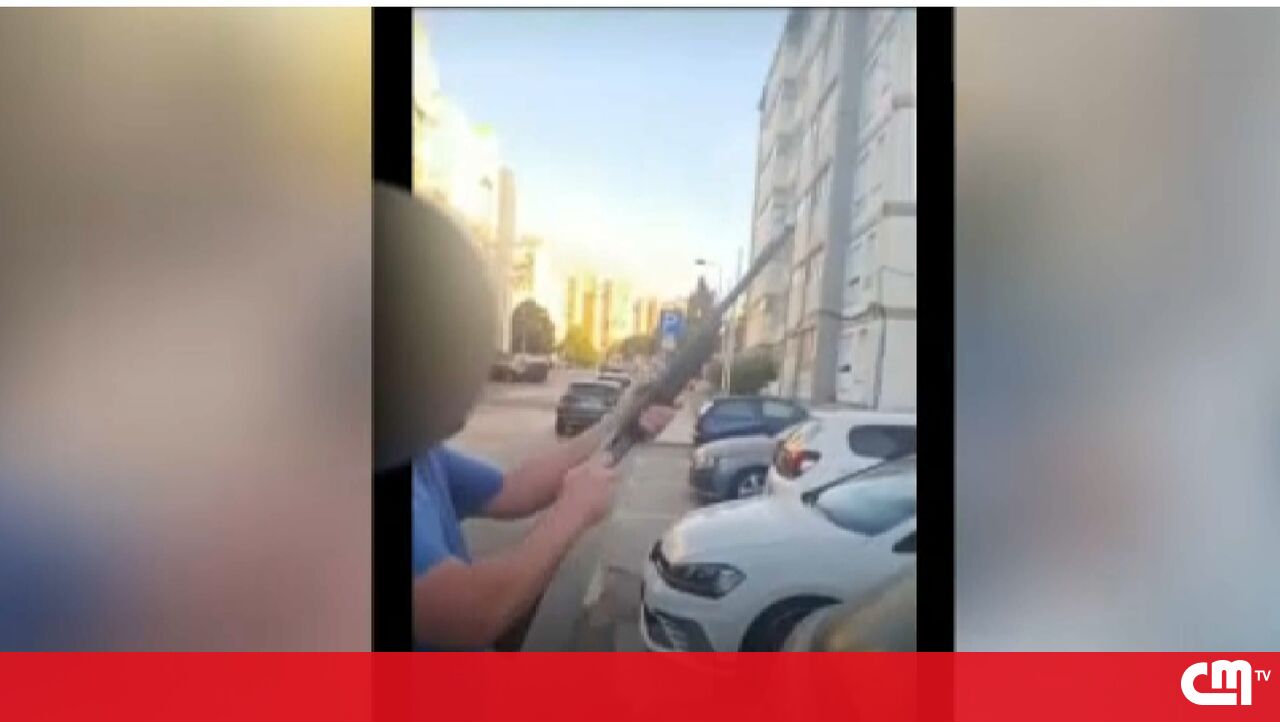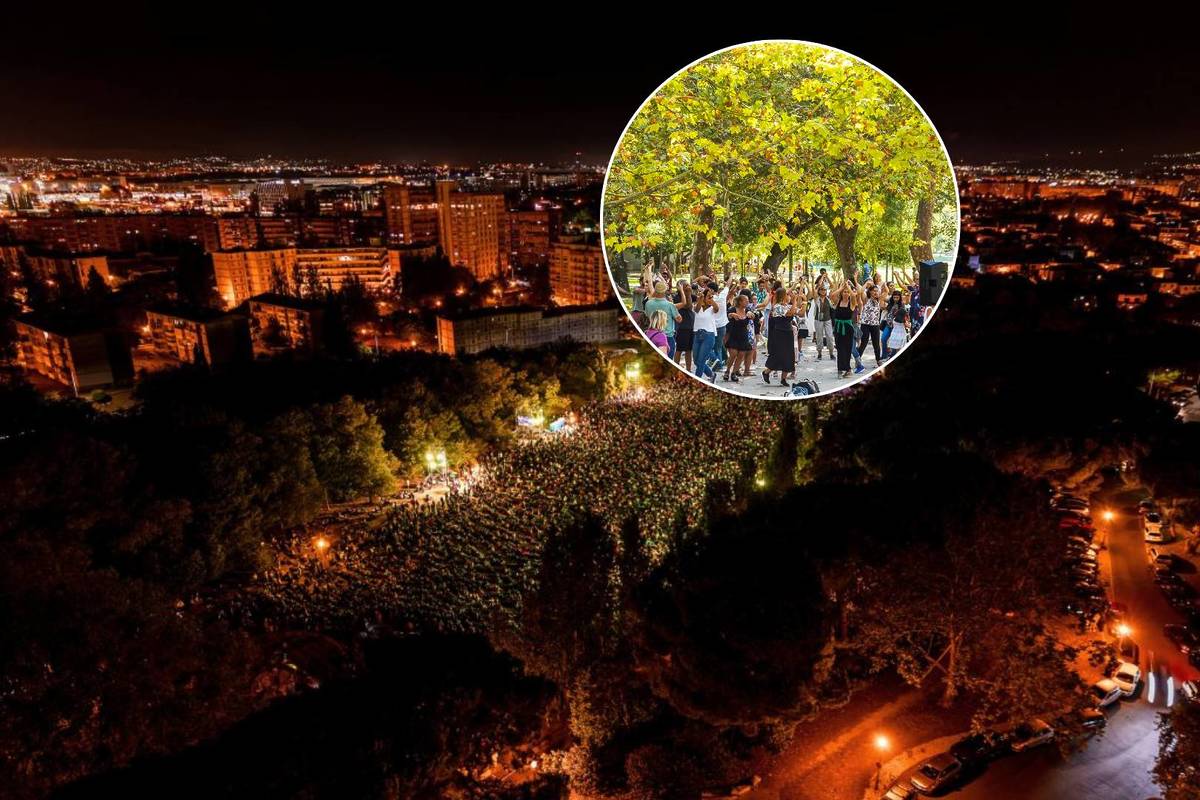Domestic Violence Incident in Machico
A 35-year-old man was detained by the Public Security Police (PSP) for domestic violence in Machico, sparking widespread social outrage. Surveillance footage of the assault went viral on social media, leading to questions about arrests outside of flagrante delicto (caught in the act).
Timeline of Events
The assault occurred early Sunday morning around 4 AM, but the arrest only happened two days later on Tuesday afternoon, August 26, following a detention warrant issued by the Public Prosecutor's Office. This delay angered many readers, who expressed indignation on social media, demanding immediate action.
Legal Explanations from Authorities
Subintendent Fábio Castro of the PSP explained that although domestic violence is a public crime, the absence of flagrante delicto prevented an immediate arrest, requiring a judicial order instead. This raises the question: Is preventive detention possible for public crimes like this?
Understanding Public Crimes
For public crimes, such as domestic violence, any person, not just the victim, can and should report the incident. As stated in a quote from legal sources:
"Domestic violence is a public crime, meaning criminal proceedings do not depend on a formal or informal complaint from the victim. A report or knowledge of the crime is sufficient for the Public Prosecutor to initiate the process."
Where to Report Aggressions
If you witness or experience aggression, you can report it to:
- PSP police station
- GNR (National Republican Guard) post
- PJ (Judicial Police) on-duty unit
- Public Prosecutor's Office services
- Online complaint via the Ministry of Internal Affairs website
Legal Framework for Arrests
According to Article 30 of Law No. 112/2009, the Public Prosecutor and, in certain circumstances, criminal police organs like the PSP, can order an arrest outside of flagrante delicto through detention warrants. This is permissible if there is a risk of continued criminal activity or if detention is essential for victim protection or to present the suspect to a criminal instruction judge for coercive measures.
Detention is a precautionary or police measure, not necessarily dependent on a judicial warrant, as noted in a 2018 opinion from the Attorney General's Office.
Key Legal Distinctions
The law, specifically Articles 255 and 257 of the Code of Criminal Procedure, distinguishes between flagrante delicto and non-flagrante delicto situations, affecting both the conditions for arrest and the authority to order it.
Generally, for arrests outside of flagrante delicto, only judicial authorities—a judge or the Public Prosecutor—can order them, as Superintendent Castro indicated. However, exceptions exist, such as in cases of risk to the victim.
Articles 202 and 209 of the Code of Criminal Procedure state that arrest outside of flagrante delicto is not mandatory; it is a discretion for judges, the Public Prosecutor, or criminal police authorities. Additionally, criminal police authorities have the legal competence, though more restricted, to order such arrests, considering factors like the admissibility of preventive detention, risk of flight, urgency, or danger that cannot wait for judicial intervention.



























Comments
Join Our Community
Sign up to share your thoughts, engage with others, and become part of our growing community.
No comments yet
Be the first to share your thoughts and start the conversation!